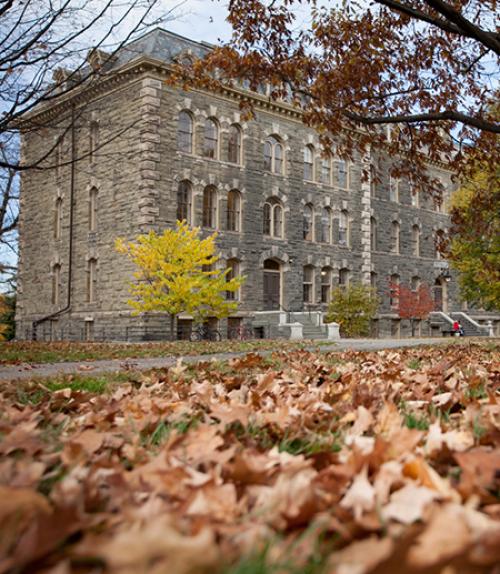 Department Homepage
The College of Arts & Sciences
Department Homepage
The College of Arts & Sciences
Government grad students honored with fellowships
Two doctoral students in the field of government recently won fellowships for their research. Angie Torres, a second-year student, won a National Science Foundation Graduate Research Fellowship. The five-year fellowship includes three years of financial support including an annual stipend of $34,000.
More news


Your February 2026 reads
Cornellians

New summer course to spark civic engagement in high schoolers
A&S Communications

